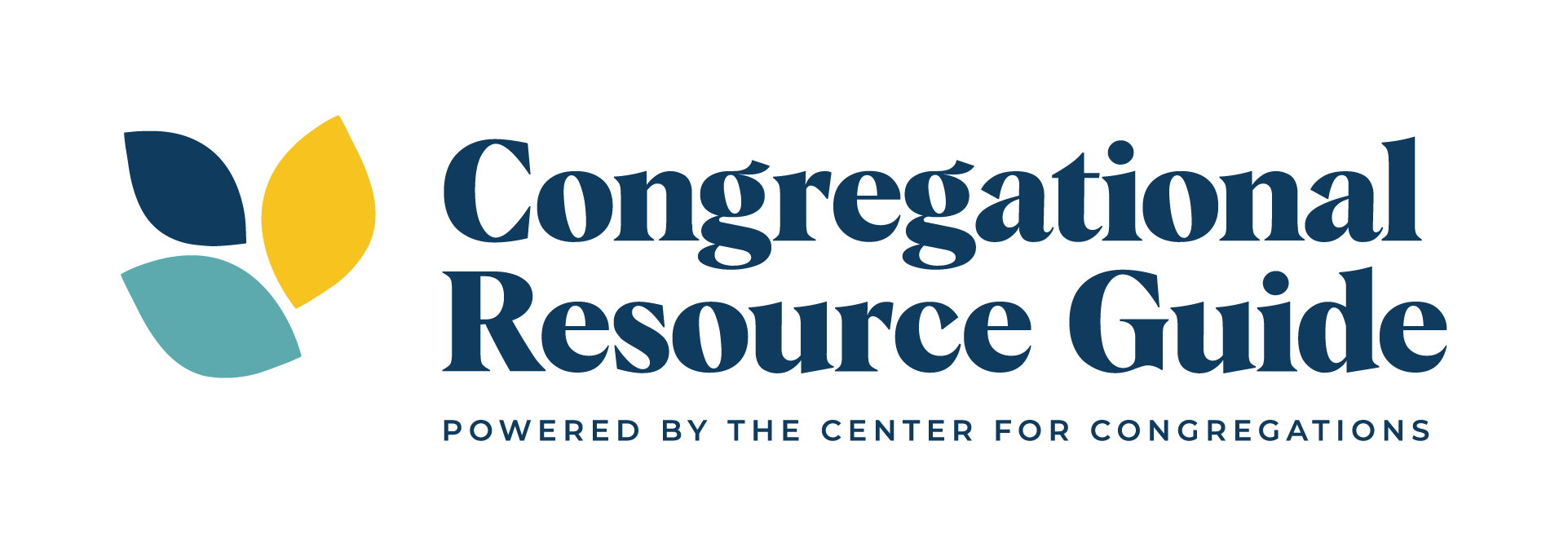Congregations have long been places that nurture the care of souls. Long ago, the early church created strategies and tactics to care for widows and children. Nowadays, care in congregations involves visits to the sick, end-of-life care, support for grieving families, celebrating life transitions, encouragement for older adults, befriending those who experience loneliness and so much more.
Perhaps your congregation is looking to strengthen its care ministries. There are two ways to think about this. One way is to consider structures and operations. Who is responsible for organizing care activities? Are there ways to streamline communication? What might you do to improve the way in which care ministries are implemented?
A manual for care teams
Karen Lampe has written a useful resource titled The Caring Congregation that serves as a manual for care teams. There is much spiritual wisdom in this book. The book also addresses various practical issues. For example, the appendix contains a job description for a congregational care minister.
Listening and caring skills
Another way to enhance care ministries is to learn more about the process and practice of caring. Listening is one of the most powerful skills God has given us. John Savage’s book on listening, Listening and Caring Skills in Ministry, is an excellent volume about how to enhance caring relationships through listening. The book addresses skills such as paraphrasing, productive questions, describing behavior, truly hearing a story and so forth.
You can use the book as a guide to improving the skills of those providing care to congregants. Yes, there are two ways to address congregational care issues. You can address the structures and operations of your care ministries. And you can increase the capacity of those who are providing direct care services. Here are even more congregational care resources for you to consider.


